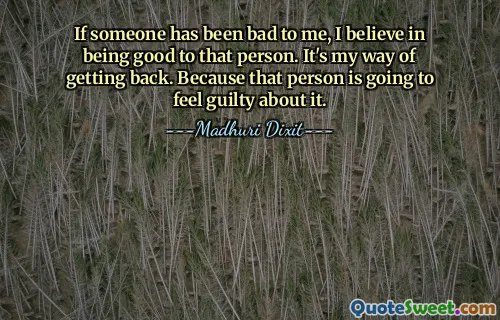But I'm not guilty, said K. there's been a mistake. How is it even possible for someone to be guilty? We're all human beings here, one like the other. That is true said the priest but that is how the guilty speak
In Franz Kafka's "The Trial," the protagonist, K., finds himself bewildered by the charges against him, insisting on his innocence and questioning the very nature of guilt. His protestations reflect a deep sense of injustice and confusion, as he struggles to comprehend how a person can be deemed guilty in a world that is inherently flawed and human. K.'s assertion that a mistake has been made underscores his belief in his own humanity and rationality.
The priest's response adds a layer of complexity, suggesting that those labeled as guilty often echo similar sentiments. This interaction highlights the absurdity of K.'s situation, where he must confront not just a legal system but also philosophical questions about morality, identity, and the human condition. The dialogue invites readers to ponder the nature of guilt and the mechanisms of societal judgment.

